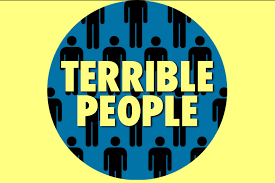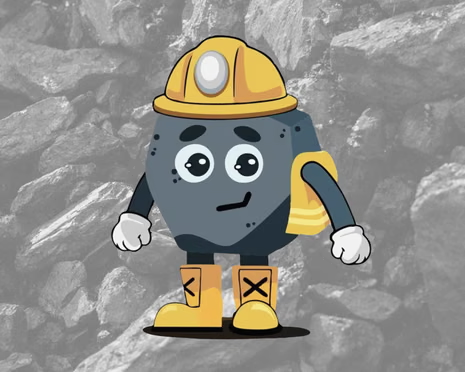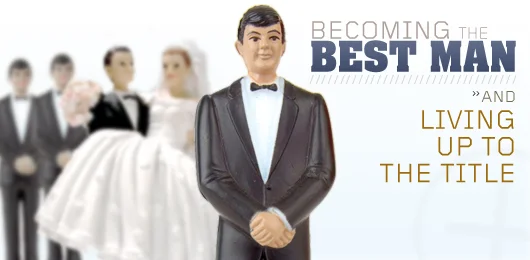I’m asked — almost on a weekly basis — if I can help someone become more confident. Someone sees me on a stage or reads something I’ve written or simply gets to know me and wonders if I can teach them to be equally confident.
To willingly share your failures and embarrassments.
To disregard the unwarranted opinions of others.
To give little thought to how someone might perceive your appearance.
Take risks. Move through life with less preparation. Find a way to be less nervous or anxious about performing in front of others, whether it’s public speaking, a job interview, meeting a new person, or playing golf.
I’ve been trying like hell to solve this conundrum.
I feel like if I could teach confidence, then I could be a billionaire.
It’s the drug everyone seems to want.
So, I’ve begun constructing a workshop on the subject along with a curriculum, exercises, and the like. I’m not actually sure if it’s going to help, but I think it’s worth a try.
Here’s one part of that curriculum that I think is essential:
Matthew Dicks’s 7 Truths About Terrible People
- People will pretend you are a bad person so they don’t feel guilty about how they treated you.
- People will villainize you because they are incapable or afraid to do something you do well and desperately need to protect their own fragile egos.
- People will attack you when incapable or afraid of competing with you.
- People will say false and unkind things about you in order to build a coalition against you because they are afraid to find themselves alone someday.
- People will call you names because they lack the logic, rationale, and evidence to challenge your history, theories, and beliefs.
- People will try to undermine your success because they stupidly believe life is a zero-sum game.
- People will gossip about you because it makes them feel important.
When you can internalize these truths and know they are as self-evident as those referenced in the United States Constitution, the journey to confidence becomes much easier.
When we know why people are terrible—and can accept that it has little to do with us—their words cease to hold power over us.
It’s not much, but it’s an important start.







